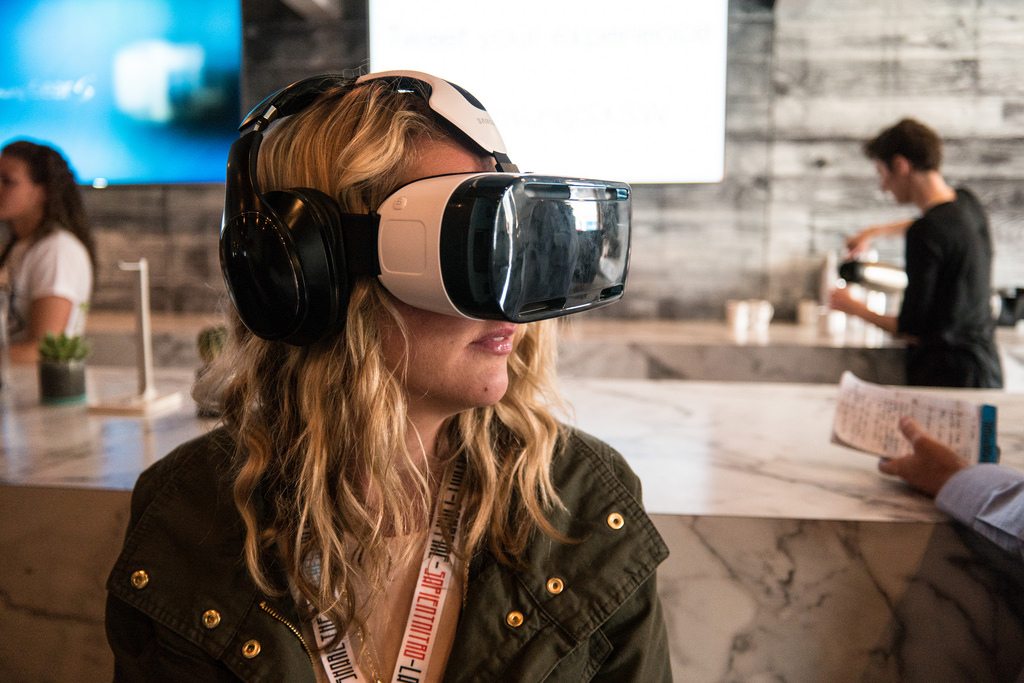Virtual reality: More than just a game?
Virtual reality (VR) has been around for decades, but it is only recently that devices compatible with the everyday smartphone have made their way into the consumer market. A whole host of well-known names including Facebook, Amazon and Apple now have dedicated teams working on the development of virtual reality products and features. However, the potential for VR goes far beyond the field of technology, and recent research suggests that it could in fact be an effective tool in helping tackle mental health disorders.
Over the past few years, increasing awareness about mental health has been seen, and its scale and impacts have been made known. It is about time that awareness for the topic is raised considering how prevalent it is, with around one in four people expected to experience mental health related issues during their lifetime. Nearly half the cases of ill health amongst working-age adults in the UK are attributed to a psychological cause and mental health disorders cost the UK economy £28 billion a year. These statistics make the sheer scale of mental health disorders clear, but what is actually being done? In the UK, an insufficient amount of funding towards mental health services means that major strain is placed on the services on offer, often leading to poor support for patients and lengthy waiting times to even access these support services.
VR has the ability to create simulations of scenarios where psychological difficulties may be experienced.
Could VR be a solution to these problems? A recent study has emphasised the benefits that VR could offer the field of mental health. VR has the ability to create simulations of scenarios where psychological difficulties may be experienced, allowing situations which are difficult to tie in to a typical course of therapy to be encountered. For example, a patient with a fear of flying could be put into a situation involving this fear and then work on their psychological distress with a therapist. As VR involves being put in a situation we know is not real, it is likely to make people willing to take up therapy and place themselves in difficult situations that would be off-putting in real-life. Despite being in an artificial environment, the mind and body still act as though they are experiencing reality, and produce genuine bodily responses. This means that the lessons that VR teaches have the ability to be translated into the real world. While most VR related treatments to date have related to anxiety disorders including phobias, social anxiety and PTSD, the results from these have been encouraging with VR proving to make lasting improvements. In terms of other disorders the exact value of VR is yet to be determined, but pilot studies have shown positive results.
The question as to whether it would be effective given the price and training it demands remains.
The use of VR as a treatment for mental health disorders is still in its early days, but research shows it undoubtedly has potential. However, for it to be rolled out as a therapy available to all, further research will need to be conducted and therapists trained in its use which is likely to be time-consuming. The question as to whether it would be effective given the price and training it demands remains, and the existing lack of funding is only likely to slow down the process.

Comments